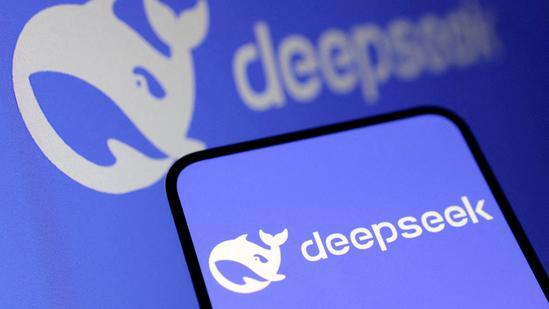
Don’t use it: Delhi HC on refusing urgent hearing to ban DeepSeek
In a recent development, the Delhi High Court has refused to grant an urgent hearing to a petition seeking to ban Chinese AI startup DeepSeek in India. The court’s decision was met with a stern warning from the Chief Justice of the Delhi HC, who asked the petitioner to reconsider their use of the platform if they found it to be harmful.
The petition was filed by an individual who claimed that DeepSeek posed a threat to national security and sought an immediate ban on the platform. However, the Delhi High Court rejected the plea, citing that there was no compulsion for anyone to use the platform.
During the hearing, the Chief Justice of the Delhi HC made a strong statement, saying, “Don’t use it if it is so harmful. Is it compulsory for you to use it?” The court’s remarks came after the petitioner claimed that the matter was “little bit sensitive” and sought an urgent hearing.
The Delhi High Court’s decision is a significant development in the ongoing debate surrounding the use of Chinese technology in India. In recent years, there has been growing concern in India about the use of Chinese technology, with many experts warning about the potential risks and threats it poses to national security.
DeepSeek is a Chinese AI startup that provides a range of services, including data analytics and machine learning. While the company claims that its technology is used by various industries, including healthcare and finance, there are concerns that it may be used for malicious purposes, such as data theft and espionage.
The petition filed by the individual seeking to ban DeepSeek in India is part of a broader trend of growing concern about the use of Chinese technology in India. In recent months, there have been several instances of Indian companies and individuals being accused of using Chinese technology without proper clearance from the government.
The Delhi High Court’s decision to refuse an urgent hearing to the petition seeking to ban DeepSeek is significant because it sends a strong message to individuals and companies in India about the need to exercise caution when using technology. The court’s warning to the petitioner, “Don’t use it if it is so harmful. Is it compulsory for you to use it?” is particularly noteworthy, as it highlights the importance of personal responsibility in the use of technology.
In recent years, there have been several instances of Indian companies and individuals being accused of using technology without proper clearance from the government. For example, in 2020, the Indian government banned 59 Chinese apps, including popular social media platforms and gaming apps, citing national security concerns. Similarly, in 2021, the Indian government banned several Chinese companies from participating in government tenders, citing concerns about data security and national security.
The Delhi High Court’s decision to refuse an urgent hearing to the petition seeking to ban DeepSeek is also significant because it highlights the importance of due process in the decision-making process. The court’s decision to reject the petition is a reminder that the use of technology should be governed by the rule of law, and that decisions about the use of technology should be made after careful consideration and consultation with relevant stakeholders.
In conclusion, the Delhi High Court’s decision to refuse an urgent hearing to the petition seeking to ban DeepSeek is a significant development in the ongoing debate surrounding the use of Chinese technology in India. The court’s warning to the petitioner, “Don’t use it if it is so harmful. Is it compulsory for you to use it?” is a strong reminder of the importance of personal responsibility in the use of technology. The decision also highlights the importance of due process in the decision-making process and the need for careful consideration and consultation with relevant stakeholders before making decisions about the use of technology.






